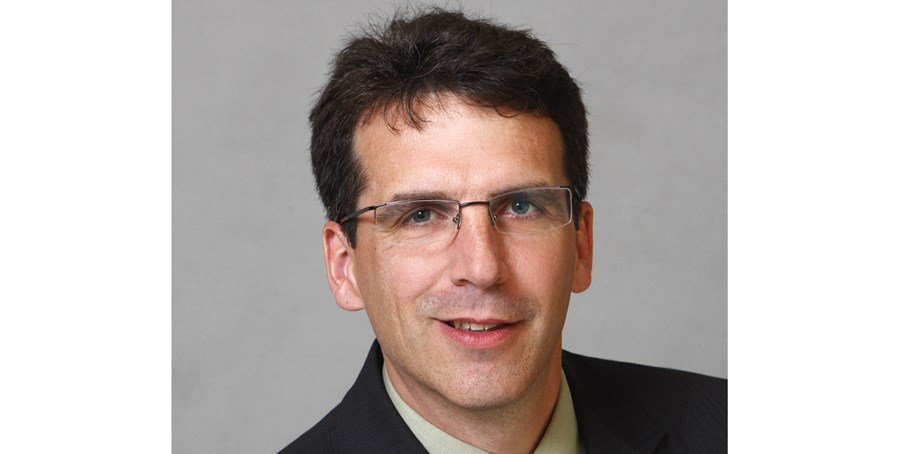When I showed up one morning in September 2000 to sit in my new job as regional risk manager in Prince George, a letter was handed to me, increasing my previous lending authority by fourfold.
"You got a lot smarter over the weekend," the man deadpanned.
Around that time, several doctors had been imported from other countries in our various communities. They often had to buy in to a practice, or at least buy the start-up equipment and leasehold improvements necessary to begin their own practice. They also needed homes, cars, etc. They were usually very young, or if they were somewhat established, their South African assets were not easily removed from home. They were all starting with nothing.
After spending some 15 years in various locations in the hinterlands of BC, I was well aware of the health care professional shortages we suffer from in the north.
Without droning on with too many details, suffice it to say, that risk management is not about risk elimination. We had literally stacks of manuals full of rules. We also had exclusive authority to grant exceptions. And we did. We lent to these good people purely on the basis of future incomes and uncertain residency formalization. We needed doctors. They wanted to be here. It was a pleasure to use our authority to help fix a problem.
More Wealth Decisions for Doctors and Dentists:
Peak Earning Years
In your peak earning years, your priorities will most likely include minimizing taxes, mitigating risks and accumulating wealth. If your practice is generating more income than you need to maintain your current lifestyle and/or you have a spouse, child above 18 years of age, and/or a dependent parent, any or all of whom are in a low tax-bracket, you may wish to consider incorporating your practice if you have not done so already.
Some of the main advantages of incorporating include:
the opportunity to defer tax by leaving surplus earnings in the corporation;
the ability to draw tax-efficient dividend income from a corporation;
splitting dividends to among adult family members who are shareholders of the professional corporation (PC); and,
the potential to multiply the capital gains exemption on an eventual sale of the company shares.
Who Can Be Shareholder's of a Professional Corporation?
In BC, legislation allows for shareholders of a professional corporation to include the professional's spouse or common law partner, adult children, parents, trusts (including those for minor children) or even another corporation. Shares owned by persons other than the professional would have to be non-voting in order to comply with regulations.
Income Splitting by Paying Dividends
Professionals often plan on using the PC's retained earnings to fund post-secondary education for their children. If the professional is the sole shareholder of the PC, the dividend paid by the PC would be subject to tax in their hands at their marginal tax rate. If other family members are shareholders of the PC and their taxable income is nominal or nil, significant tax savings can be achieved by paying dividends to them and taxing them in their hands.
In order to allow for the discretionary payment of dividends among family members, it is important that there are a sufficient number of classes to permit dividend allocation. The Articles of Incorporation must provide that dividends can be paid to one class of shares to the exclusion of the other classes.
A huge advantage of paying dividends to family members rather than paying them a salary is that a distribution of dividends is not subject to the reasonableness test. A payment of salary would have to be reasonable in the circumstances and be based on the work performed by the family member whereas a payment of dividends is only restricted by the PC's ability to meet certain solvency tests and by the share attributes of the shares held by the family member shareholder. Therefore, a family member shareholder can still receive dividend income from the PC without being employed by the PC.
Talk to your accountant to ensure that you are mindful or corporate attribution and "kiddie tax" rules. I can only skim the surface of these matters in a short newspaper article. This is not intended to constitute individualized tax or legal advice. Readers should consult a qualified legal, tax or other professional advisor.
Mark Ryan is an advisor in Prince George with RBC Wealth Management, Dominion Securities (member CIPF) and can be reached at [email protected].



